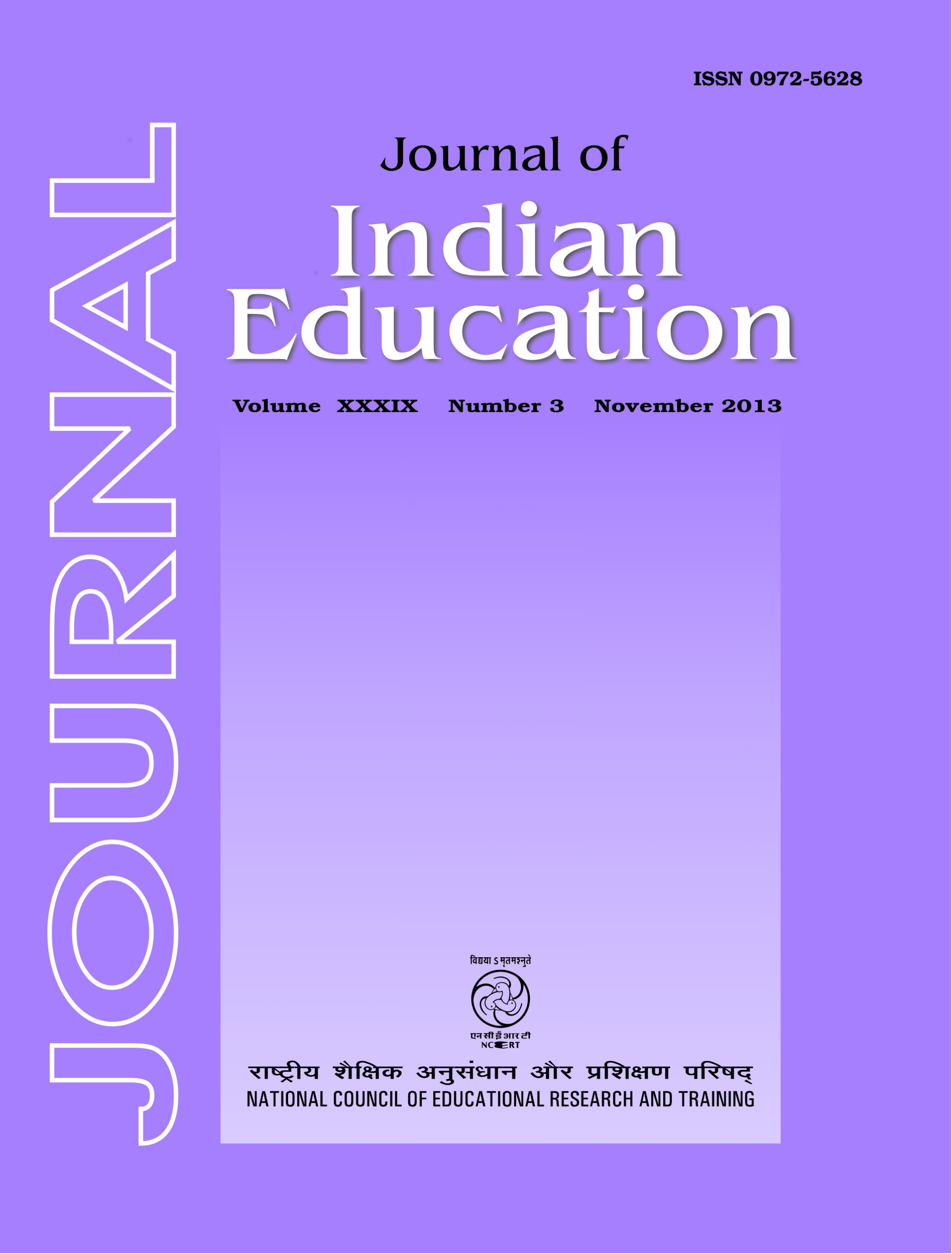Published 2024-12-03
Keywords
- Education,
- Intercultural Education,
- Socio-Religion
How to Cite
Abstract
Children’s understanding of religious diversity remains an important area of concern from the standpoint of research in education. This is because schools as sites of secondary socialisation deal with children who have an already formed ‘self’ and internalisations of the ‘other’ which are tested afresh in the classrooms with mutual identifications and communication between children belonging to diverse socio–religious groups. Here the curriculum and its transaction influence children’s judgments, attitudes and affiliations towards the others. Additionally, an important objective of the school is to equip children with knowledge and skills that enable them to operate effectively in a culturally diverse classroom, community, nation and the world. To understand effectively, how children view themselves and the others; to see how the revised NCERT textbooks that offer scope for accommodating multiple perspectives, allow for critical discussions on issues of religious conflict and also what are the teachers perspectives regarding the teaching–learning of religious diversity is what this paper seeks to explore.

